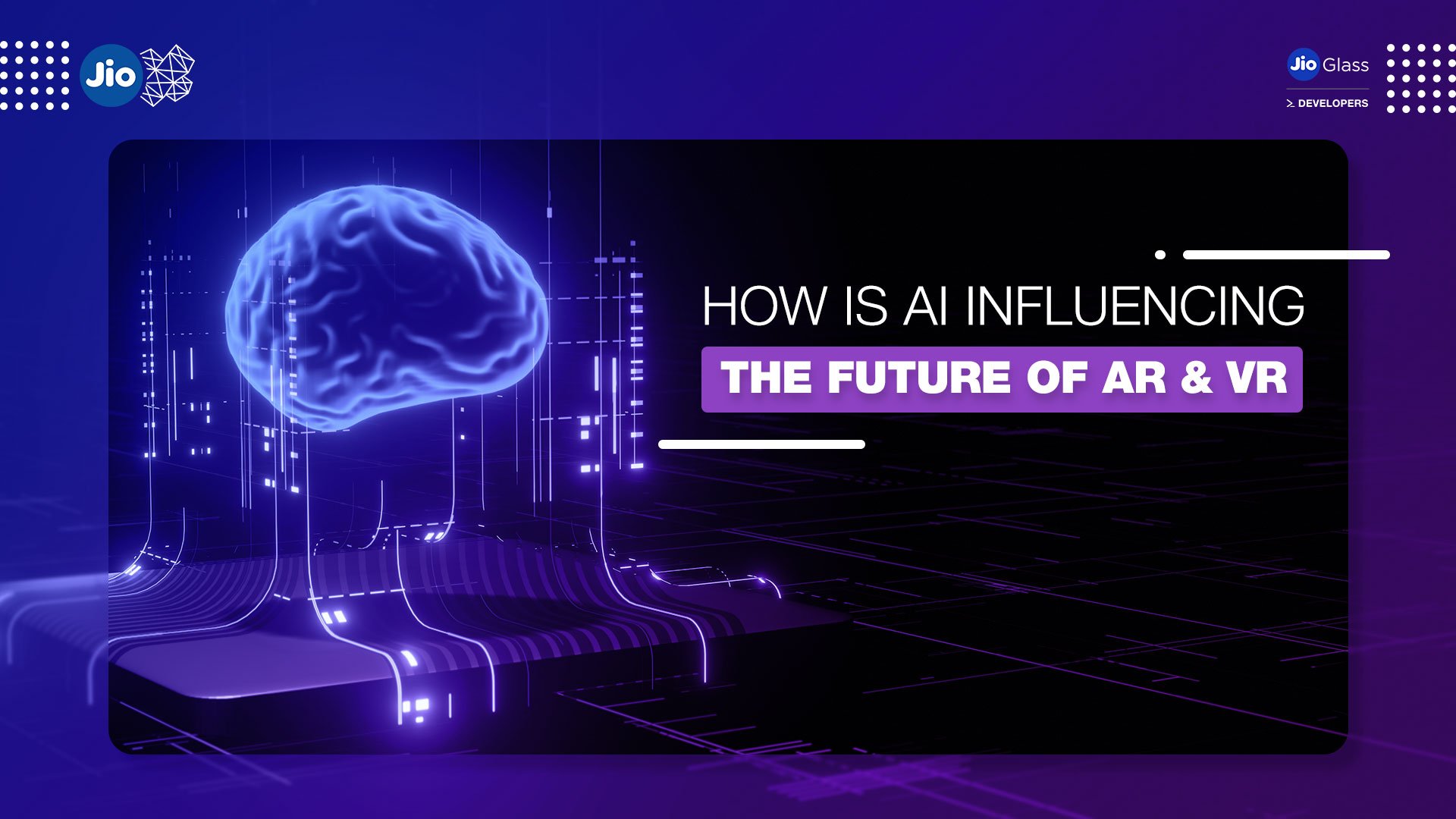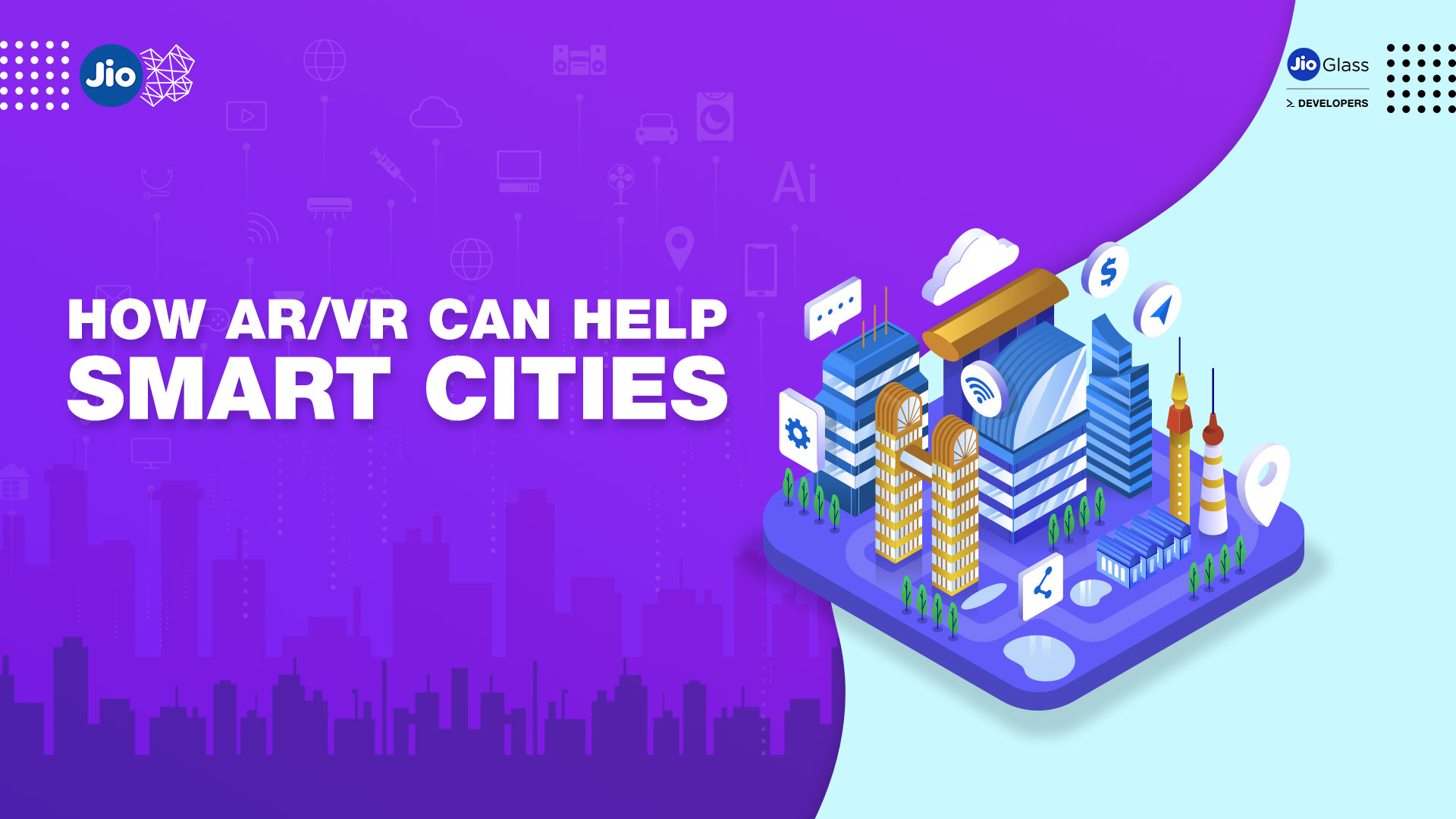How AI Is Shaping the Future of AR & VR

You might not realize it, but AI is already shaping the future of AR and VR.
While this technology was once limited to academic research, AI is now all around us -- on our phones, in the home, and even in our cars.
AI has been around for decades, but only recently have we begun to use it to create immersive experiences that blur the line between reality and fantasy.
And as more companies begin to use AI for AR, VR and other applications like self-driving cars or medical imaging, this technology will become even more ubiquitous.
Will AI be the main driver of the future XR?
To be sure, it is hard to see how there could be a future without AI. Until we reach the singularity, where AIs (Artificial Intelligence) become smarter than humans and can rewrite their own code, they will always be a tool that we use to our advantage. When you look at what XR offers—the ability to have more natural interactions with computers—it seems like an obvious conclusion that AI will be integral in reshaping the way we interact with these technologies.
Most experts agree that AI will play a significant role in bridging the gap between XR and our world. As PwC explains:
Is AI being used in the gaming industry?
The gaming industry is also using AI and VR to create immersive experiences. The combination of the two technologies has enabled game developers to produce realistic, non-scripted environments. These can then be coupled with intelligent bots that interact in real time with the players for a truly immersive experience. For example, if you play an online FPS game, there is a high probability that you will come across an AI-powered bot that will act as a non-player character (NPC).
How are companies applying AI to create a better experience for their users?
Augmented reality is a technology that has been around for at least a few years, but it has gotten a lot of attention in the last couple of years. From Google Glass to Pokémon Go and Facebook's various attempts to place virtual objects into the real world, AR is here to stay.
There are two main benefits to using this technology: first, it allows you to see information without being physically present (which can be useful for certain tasks) and second, it allows for personalization based on location or some other data. Augmented reality is going well though. The best example of this is Google Glass where users can interact with their environment through voice commands and touch input overlays on the real world (a laser pointer!). While it might not have done as well as expected, lesser-known companies like Magic Leap have already developed hardware that one could buy right now!
Are there any use cases that do not involve gaming and entertainment? And what about the future of XR and AI?
So, many of the XR and AI use cases discussed above are from the gaming and entertainment sectors. What about other industries? At present, we are seeing XR used for:
- Medical training
- Visualization of complex data
- Real estate showings
- Virtual museums and art galleries
- Factory floor training (as opposed to costly on-site training)
With the combination of AR and AI, we are also seeing innovative applications in a variety of industries. Examples include:
- Intelligent recommendations – by adding more context from real-world images, such as analyzing a picture with a coffee cup in it to suggest coffee shops that have five-star ratings. It can also make recommendations based on your purchase history or browsing habits. The possibilities are vast. We have only scratched the surface!
As both industries evolve, we can expect to see more use cases emerge.
The Bottom Line
With more content and use cases emerging, both AR and VR are expected to grow at unprecedented rates. In healthcare alone, the global AR/VR market is expected to reach $5.1 billion by 2025, according to a report from Grand View Research.
So, what does all of this mean for developers? Simply put, there is a huge opportunity for brands and businesses to utilize these technologies in new ways that will set them apart from the competition and make their products more appealing—and profitable!
It is time to take your ideas and concepts to the end user. Join the JioGlass Developers Program and
Sign up for the #JioGlass Developers Program Here! 👉 Click Here

